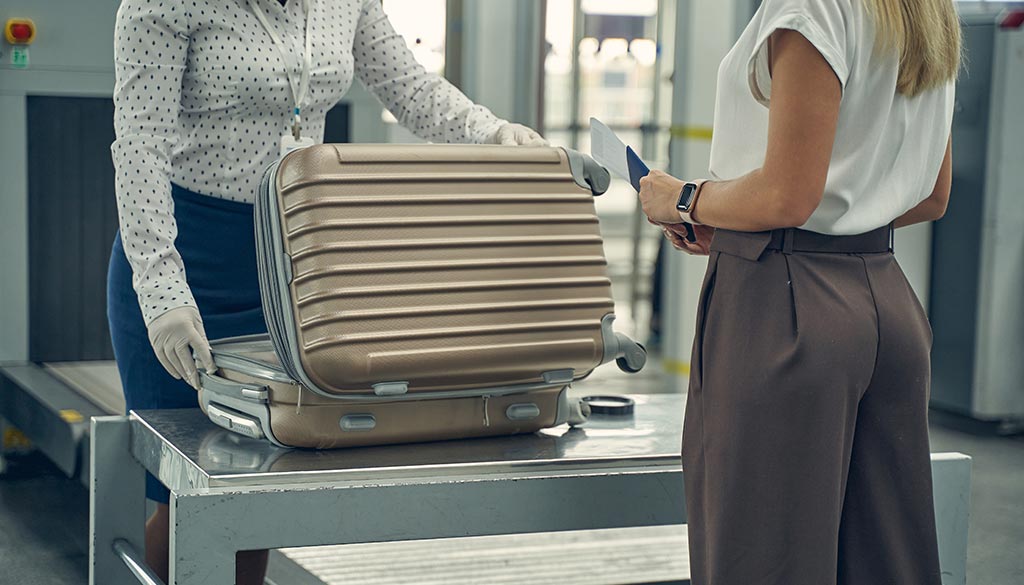What are things that should never be packed in your luggage?

General TSA Advice: What should I not pack in my luggage before a flight?
Family vacations are the stuff of cherished memories, where every moment is spent exploring new destinations or visiting popular locations to create shared memories and experiences with your loved ones.
Yet, as any seasoned traveler knows, how smoothly these journeys would go often depends on preparation. For parents, this includes a careful review of not just their luggage but also that of their children.
Hidden in your own, or your children’s carry-on or checked luggage could be seemingly innocent items that, in the face of airport security, turn into prohibited items. This would threaten to delay or disrupt your planned vacation.
What’s the 3-1-1 rule?
The TSA's 3-1-1 rule is straightforward yet critical for smooth passage through airport security. It stipulates that all liquids, gels, and aerosols in your carry-on must be:
- Be contained in a 3.4-ounce (100 milliliters) or smaller container
- Fit comfortably within a single, quart-sized, clear plastic, zip-top bag
- One bag is allowed per passenger, placed in a screening bin
Food and Drinks
When it comes to food and drinks, the 3-1-1 rule significantly narrows down what you can bring in your carry-on:
- Alcoholic Beverages (anything over 140 proof is prohibited)
- Creamy Cheeses
- Sauces
- Soups
- Jams and Jellies
- Hummus
- Yogurt
- Salad Dressing
- Salsa and Dips
- Bottled Water and Beverages
Toiletries and Personal Care Items
Here are common toiletries and personal care items that also fit into the 3-1-1 framework for carry-on luggage:
- Shampoo and Conditioner
- Toothpaste
- Sunscreen and Bug Spray
- Moisturizers and Face Creams
- Hair Gel and Hair Spray
- Makeup
- Deodorant (gel or spray, not solid sticks)
- Perfume and Cologne
- Hand Sanitizer
However, there are exceptions for items that are essential for health and a person’s well-being, such as:
- Medications: Liquid medications are exempt from the 3.4-ounce limit, though they must be declared to security officers and may be subject to additional screening.
- Baby Food and Breast Milk: For those traveling with infants, these items are allowed in reasonable quantities and are exempt from the 3.4-ounce limit, though they must be declared.
Sharp Objects and Tools
The Transportation Security Administration (TSA) enforces clear guidelines on sharp objects and tools strictly prohibited in carry-on luggage:
- Knives: Including all types of knives, except for plastic or round-bladed butter knives.
- Large Scissors: Scissors with blades longer than 4 inches from the pivot point are not allowed.
- Box Cutters and Utility Knives: Any form of box cutters or utility knives are strictly prohibited in carry-ons.
- Screwdrivers and Wrenches: Tools longer than 7 inches can pose a risk and are not permitted.
- Ice Picks and Meat Cleavers: These are considered potential weapons and cannot be packed in carry-on luggage.
While the above items are not allowed in your carry-on, many of them can be packed in checked luggage under certain conditions.
- Wrap and Sheath: Sharp objects should be sheathed or securely wrapped to prevent accidents.
- Declare Items: Inform the airline during the check-in process if you're carrying tools or sharp objects that are necessary for your trip.
- Pack Wisely: Place sharp objects in the middle of your suitcase, surrounded by clothing or other soft items, to add an extra layer of protection.
Sports Equipment and Musical Instruments
Usually, TSA mandates sports equipment to be checked due to their size and potential use as weapons.
Conversely, for musical instruments, the approach is more flexible. Instruments may be carried on if they fit in overhead bins or under the seat, though larger ones might need to be checked or have a seat purchased for them.
Electronics and Batteries
Laptops, power banks, and devices with lithium batteries are generally allowed in carry-on luggage but need to be easily accessible for screening. Spare lithium batteries must be carried in carry-on bags only, with protective measures to prevent short circuits.
Miscellaneous Items and Unusual Objects
What about less common travel items? Traveling with miscellaneous items often raises questions about what is permitted in carry-on and checked luggage:
- Medical Devices: Essential for health but require verification and sometimes pre-approval. Check with the TSA and airline about necessary documentation.
- Artistic Supplies: These can include potentially hazardous materials. It’s important to verify restrictions on paints, solvents, and other supplies.
- Electronic Cigarettes: Allowed in carry-on luggage but not in checked bags due to battery safety concerns.
For items that you’re still uncertain about, you can:
- Consult TSA Guidelines: The TSA website is a comprehensive resource for specific items.
- Contact the Airline: Policies can vary between carriers, especially for international flights.
- Use Social Media or Customer Service: For quick answers, TSA's AskTSA service on Twitter and Facebook is incredibly helpful.



